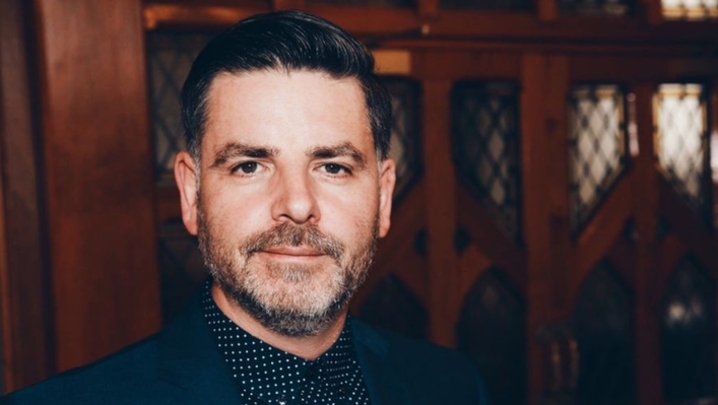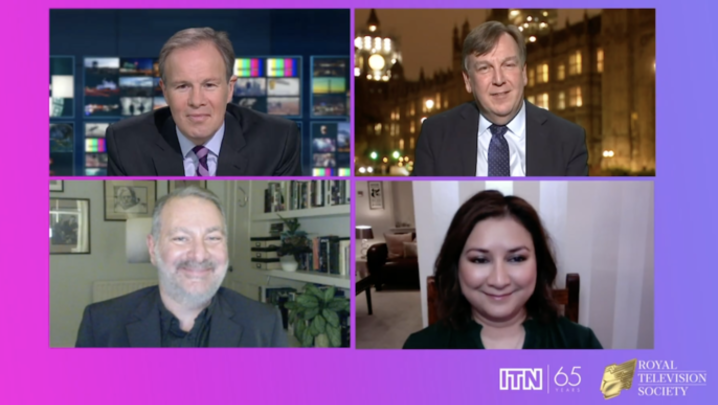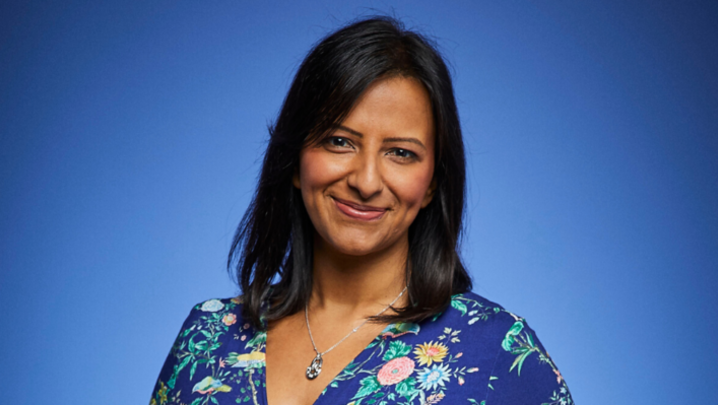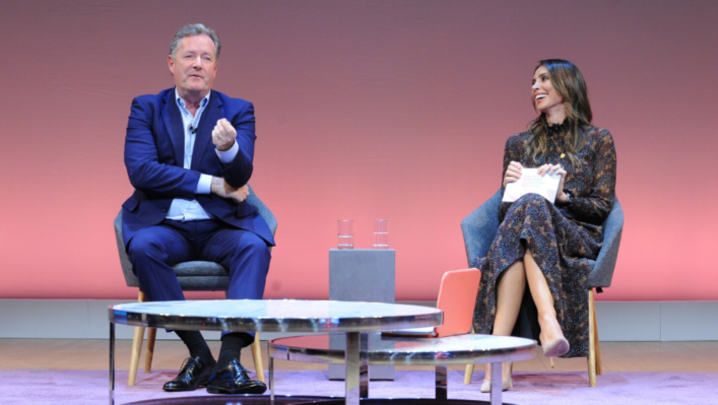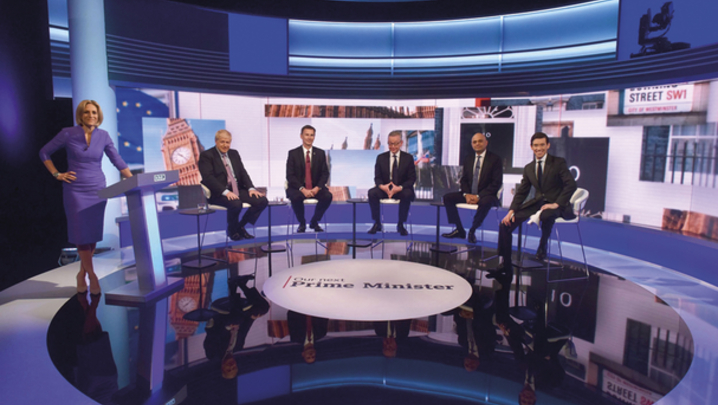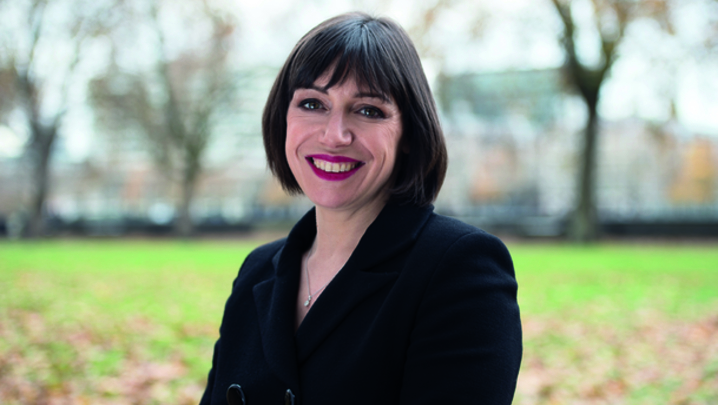Stuart Cosgrove identifies new, edgy Scottish news sites that challenge the narrative provided by the mainstream
It is impossible to summarise the political change that swept through Scotland in the period between the independence referendum and the general election. Yes, it was unprecedented. Yes, it was seismic. And yes, it has delivered the biggest number of pro-independence MPs to Westminster since the romantic heydays of Irish nationalism.
All of that is true but it doesn’t come close to describing the change and impact it has already had on the media in Scotland. The 56 SNP MPs are not likely to be easily bought or duped. They were elected on a mandate to fight austerity, challenge everything and secure the best deals for Scotland and its people.
This is not a narrow mandate. It travels across all walks of life and the 56 will not watch a Charter renewal process from the sidelines. Nor, incidentally, will they participate in a carve-up of the BBC for purely ideological reasons.
The SNP is a party of social governance that believes in meaningful public funding. It is broadly in support of the licence fee as a mechanism for funding public service broadcasting. It just happens to think the licence fee has failed Scotland, and many people in civic society share its view.
Over the past two years, Scotland has seen the growth of virulent and very informed new media outlets.
Quietly, away from the gaze of London, these have shifted the register of public debate and driven an intelligent rationalism that has had no equivalent in my lifetime.
Three particular new entrants stand out: Bella Caledonia, Newsnet.scot and Common Space. All three provide a news service, but not one that is compliant with the institutional behaviours of our national broadcasters, nor confined to Scottish affairs.
Even more spectacularly, none of them has been launched by rich owners or government grants. Mainly, they use a variation on the subscription model, raising crowd-sourced funds through the website indiegogo.
Very few people in the Westminster media cloisters have heard of land reformer Andy Wightman, bank interrogator Ian Fraser or the human rights lawyer Andrew Tickell, who blogs as the Lallands Peat Worrier and offers his thousands of followers "cogitations from a cranachan cairn." But all three have taken their readers on journeys that are intelligent and audacious.
These three are just examples of a new Scottish intelligentsia, in which there is a widespread belief that public service television has failed Scotland.
Set against this institutional stasis, the new Scotland has been fired by the prospect of change, real change, across almost every walk of public life. This may not be good news for those that imagine Charter renewal will all be about subtle lobbying, fine words and some self-imposed cost control.
Public service television regulation – the reserved business of Westminster – has systematically failed to listen to Scotland’s views over decades. By Scotland’s views, I do not mean the arcane arithmetic of indie production targets, but a wholesale reimagining of the role of public television in a digital age.
Since Scotland’s historic indie ref, I have kept a small list of comments I heard from senior broadcasters and regulators. Some are less risible than others. I was told often and complacently that the system was "the best in the world," that it was "too fragile an ecology" to be messed around with and that it was "much more complicated than people think."
And, most disarmingly of all, that calling for change would be meaningless because the BBC, in particular, was incapable of change.
I cannot be certain, but seen from the perspective of the place I live in, those complacencies feel like the hand-wringing of a past era. There is only one certainty and that is change.
Stuart Cosgrove is a Glasgow-based writer and broadcaster.


